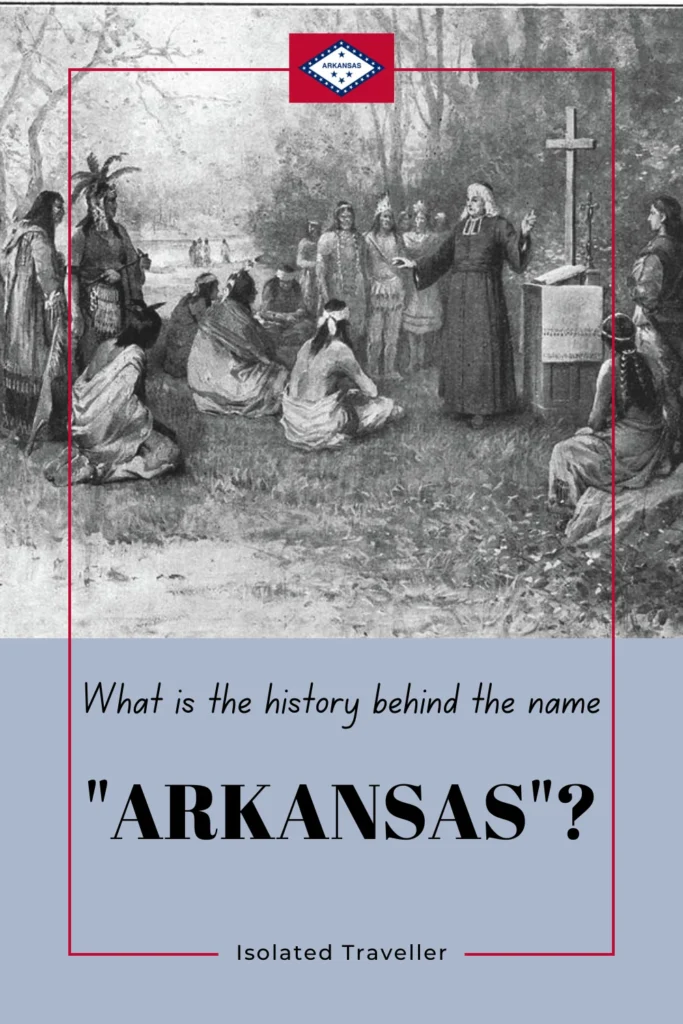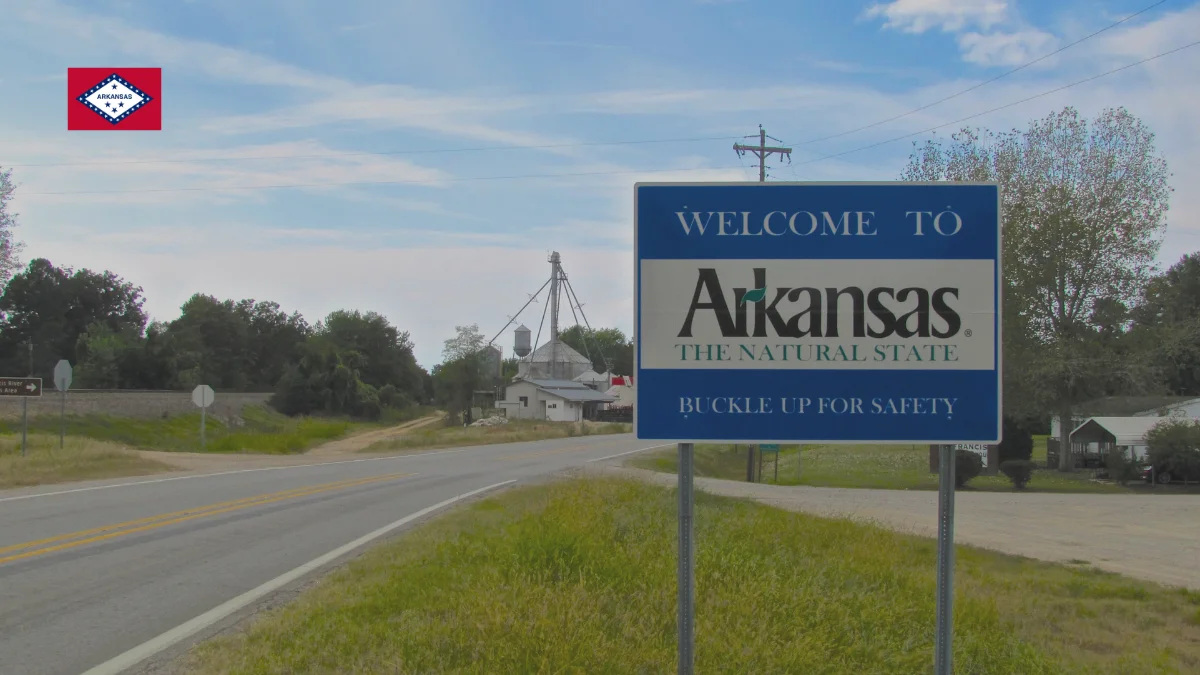What is the history behind the name “Arkansas”?
The name “Arkansas” has its roots in the Native American language of the Illinois people, a tribe of the Algonquian linguistic family. The term “Arkansas” is believed to be derived from a French interpretation of a Sioux word, “acansa,” which means “downstream place” or “people of the south wind.” The French explorers who encountered the area likely used their phonetic interpretation of the indigenous term.
When the French explored the Mississippi River and its tributaries in the 17th century, they encountered various indigenous peoples. Native American tribes, including the Quapaw, Osage, and Caddo inhabited the region. The Quapaw people, who lived in the area near the Mississippi River, referred to themselves as the “Ugakhpa” or “O-ga-xpa” in their language, which the French called “Arkansas.”
The state’s name has undergone various spellings throughout its history. In Marquette and Joliet’s Journal of 1673, the Indian name appears as AKANSEA. A few years later on LaSalle’s map, it is spelled ACANSA. A map based on La Harpe’s journey in 1718-1722 refers to the river as the ARKANSAS and the inhabitants as LES AKANSAS. Around 1811, Captain Zebulon Pike, a renowned explorer, spelled it ARKANSAW.
In the early years of statehood, Arkansas’ two U.S. Senators had conflicting views on the spelling and pronunciation. One was consistently introduced as the senator from “ARkanSAW” while the other as the senator from “Ar-KANSAS”. In 1881, the state’s General Assembly passed Resolution 1-4-105, stipulating that the state’s name should be spelt “Arkansas” but pronounced “Arkansaw”.
This pronunciation honours the memory of the indigenous people who were the original inhabitants of our state, while the spelling distinctly reflects the French explorers’ nationality who first traversed this region.


